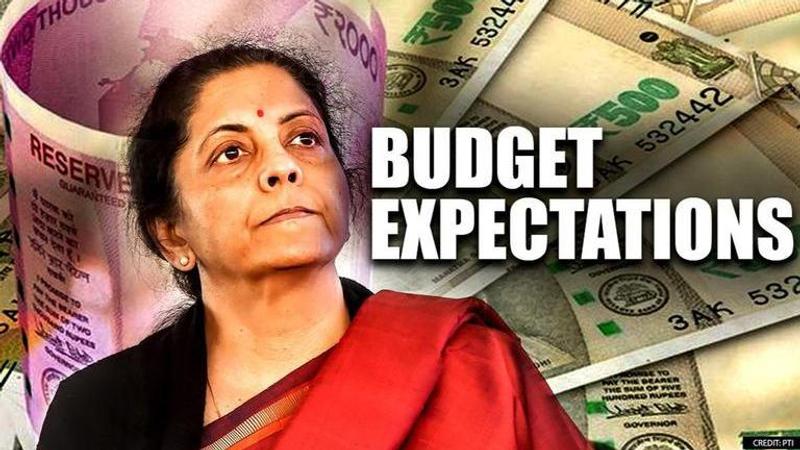Published 14:24 IST, January 29th 2020
Union Budget 2020: Key expectations from govt amid economic downturn
Union Budget 2020 will be presented on February 1, a day after Chief Economic Adviser Krishnamurthy Subramanian tables the economic survey for 2019-2020.

Considered as one of the most challenging Union Budgets of the Modi government amid the economic downturn, Union Finance Minister Nirmala Sitharaman is all set to present her second ‘bahi khata’. Union Budget 2020 will be presented on February 1, a day after Chief Economic Adviser Krishnamurthy Subramanian tables the economic survey for the year 2019-2020.
Government’s primary motive behind the upcoming budget would be to drive consumption by leaving more money in common man’s hand and personal tax cut can be in the scheme of things. During the pre-election interim budget in 2019, the then Finance Minister Piyush Goyal had announced full tax rebate for income up to Rs 5 lakh but the tax slab remained unchanged.
Income tax rate cut
The 5 per cent tax on annual income above 2.5 lakh and below 5 lakh spikes to 20 per cent for the next slab of Rs 5 lakh - Rs 10 lakh. The huge spike in the income tax slab could be rationalised by increasing the basic exemption limit and reducing the tax to 10 per cent on an annual income of Rs 5 lakh - Rs 10 lakh.
At present, 30 per cent tax on total income exceeding Rs 10 lakh is in place which could force the government to restructure the tax slab. According to the market experts, the government can introduce another tax slab of Rs 10 lakh - 20 lakh and decrease the additional tax from 30 per cent to 20 per cent.
Abolish LTCG
Another important measure could be in the field of long-term capital gains (LTCG), which was re-introduced by former Finance Minister Arun Jaitley. According to media reports, more than 3.4 lakh investors are suspected to not have reported gains from equity shares and mutual funds. There have been demands to remove the LTCG, and the Government of India might be reconsidering it for the upcoming budget to boost market sentiments by putting more money in the hands of investors. To spur consumption and investment, the government might also overlook the ambitious fiscal consolidation targets it has set in the past.
Updated 14:24 IST, January 29th 2020




